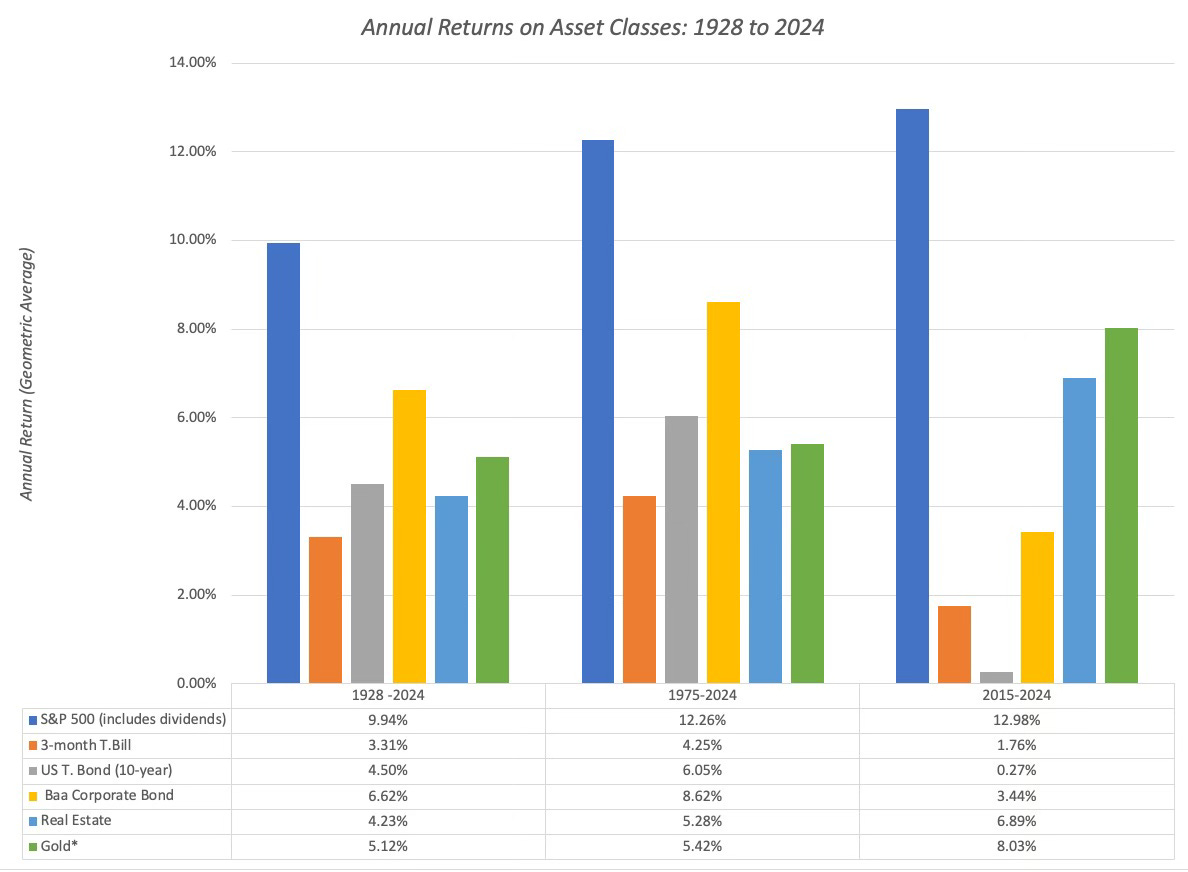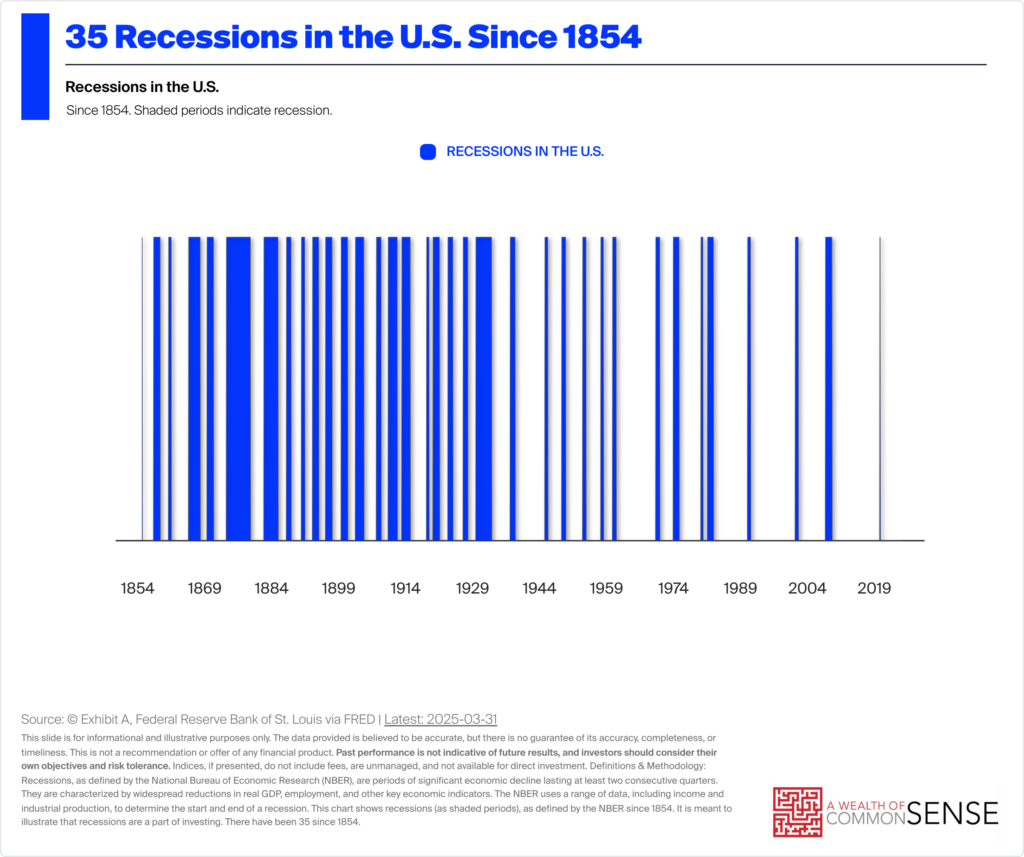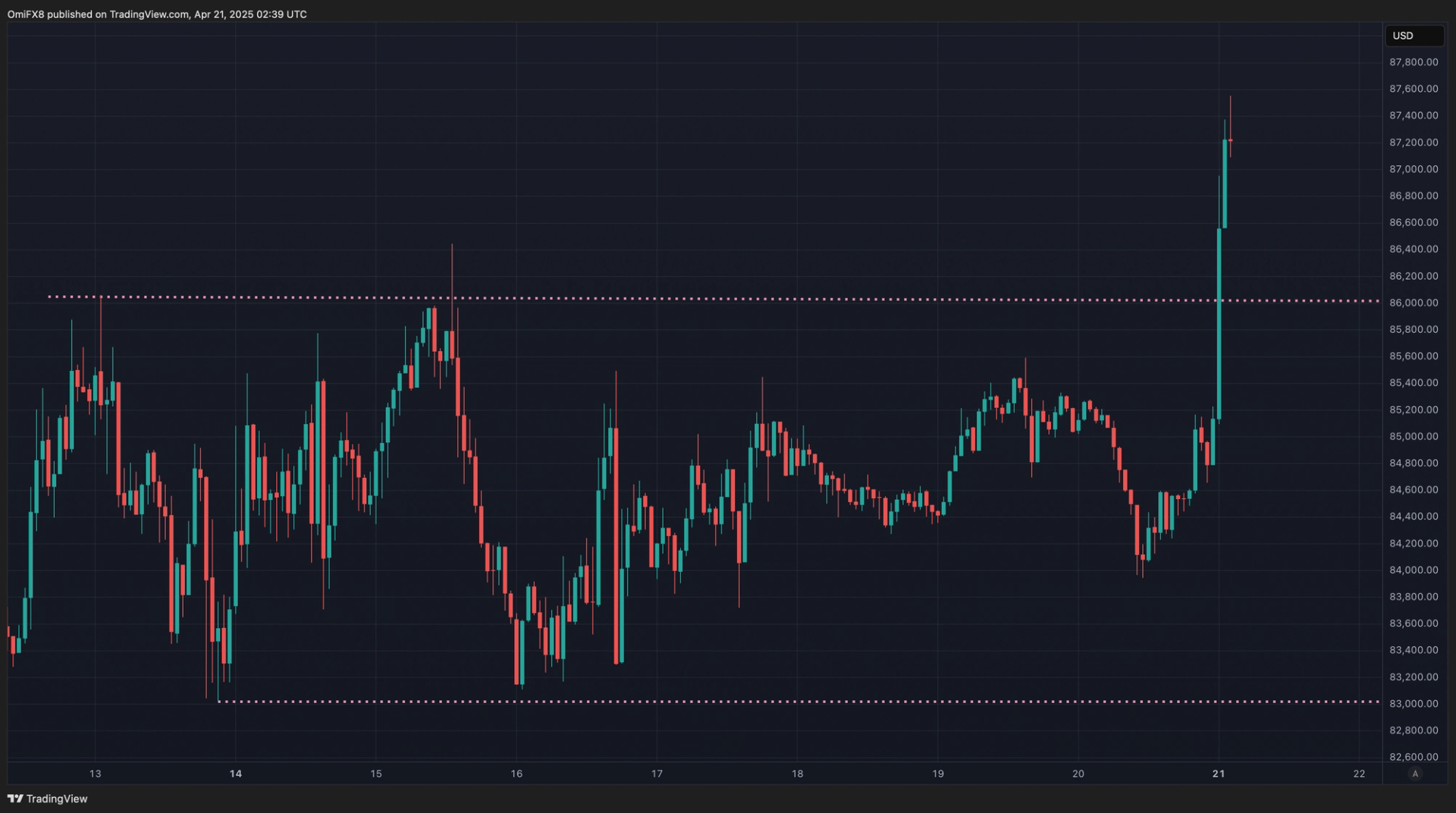We have a newborn baby and we want to get a jumpstart on college – should we start a 529 or brokage account?
I’m a huge fan of 529 college savings plans, but perhaps not for the reason you think. You see, I live in a state (Indiana), where the tax benefits of contributing to a 529 plan are simply too good to pass up. Contribute up to $7,500 annually to the Indiana 529 Direct savings plan, and […] The post We have a newborn baby and we want to get a jumpstart on college – should we start a 529 or brokage account? appeared first on 24/7 Wall St..

I’m a huge fan of 529 college savings plans, but perhaps not for the reason you think.
You see, I live in a state (Indiana), where the tax benefits of contributing to a 529 plan are simply too good to pass up. Contribute up to $7,500 annually to the Indiana 529 Direct savings plan, and state government will give you a tax credit (which is to say not just a deduction) of 20% of your contribution amount from your state income taxes.
In other words: Contribute $7,500, and you’re socking away $7,500 to user later to pay for your kid’s college. Plus, the state will give you $1,500 cash back on your taxes immediately, just to encourage you to save for college.
By accident of geography, I seem to have lucked into the best tax benefit on 529 plan contributions offered by any state in the nation. And so it was that, when I read one Redditor’s question on whether she should put money aside for her newborn’s college fund in a 529 plan or a regular online investing account, my first reaction can best be described as “disgust.”
Key Points
-
Different states offer different tax benefits for 529 college savings plans, some much more generous than others.
-
Indiana’s tax benefits are among the most generous, and California’s among the least.
-
Even run-of-the-mill 529 plans in ungenerous states offer significant advantages.
-
4 million Americans are set to retire this year. If you want to join them, click here now to see if you’re behind, or ahead. It only takes a minute. (Sponsor)
Julie from California, you’re on the air
The questioner in this case, let’s call her “Julie,” lives in California, you see. And as she regretfully explains, in California, “there’s no state tax break or credit for a 529.” Nothing. Zero. Zilch. Hearing that, the No. 1 best reason I personally know of for investing in a 529 plan went up in smoke, before I even heard her question!
And what was her question?
Well, despite the lack of any hope of getting cash back from the tax man, Julie still wants to save for her kid’s college. With the child newly born, she figures she has 18 years for her savings to grow in value. There are a few wrinkles in the equation, however.
Firstly, Julie is already maxing out all of her available tax advantaged retirement account options, such as 401(k) plans and individual retirement accounts (IRAs). So, aside from putting her money in a bank, her two remaining best options for investing the money are to either open an ordinary (taxable) online brokerage account, or invest the money in a 529 plan, despite getting no tax credits or deductions for doing so.
The apparent unfairness of the situation (I get great tax benefits from my states 529 plan, whereas Julie gets no corresponding benefits) had me initially inclined to advise Julie to refuse the 529 option, simply because she’s getting such a raw deal.
But then I thought better of that.

Why 529 plans are great, even without credits and deductions
After all, even if California doesn’t give extra benefits to 529 contributions, like Indiana does, Julie can still avail herself of the benefits of any 529 plan: The ability to put after-tax money into an investment account, then let that money grow tax-free over the next 18 years, and then withdraw the money, also tax-free, so long as she spends it on “qualified education expenses.”
Qualified education expenses, by the way, include not just college tuition, but also room and board, textbooks, school fees, and similar college costs. The definition even extends to include K-12 education expenses, should you want to withdraw some money early to pay for private school for example. And 529 funds can be used for schools in California or in other states, and in some cases, even schools outside the United States entirely (study abroad).
Additionally, while 529 funds are of course primarily intended for use for a saver’s children, they can also be used to pay for the parents’ own educational expenses, or transferred to a grandchild. The funds never “expire,” and so theoretically can be redesignated for new beneficiaries over and over, until eventually used in full. And all of this is tax-free.
For that matter, even if it eventually turns out that no one at all needs the funds for education, 529 funds still won’t be lost. They can always be withdrawn and spent on other, non-education-related things, with the caveat that earnings from the fund will be taxed at ordinary income tax rates, plus a 10% “additional tax.”
None of the above would be true for savings put in an ordinary online brokerage account. Granted, earnings from such a brokerage would probably be taxed at a lower rate as “capital gains” upon withdrawal, rather than as ordinary income (for non-qualified withdrawals from a 529). But given the multiple opportunities one gets to spend 529 funds on things that do count as qualified education expenses, I think Julie’s still better off going the 529 route.
The post We have a newborn baby and we want to get a jumpstart on college – should we start a 529 or brokage account? appeared first on 24/7 Wall St..






























































































































































